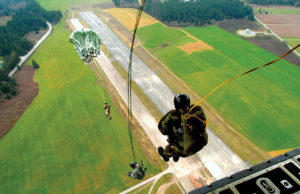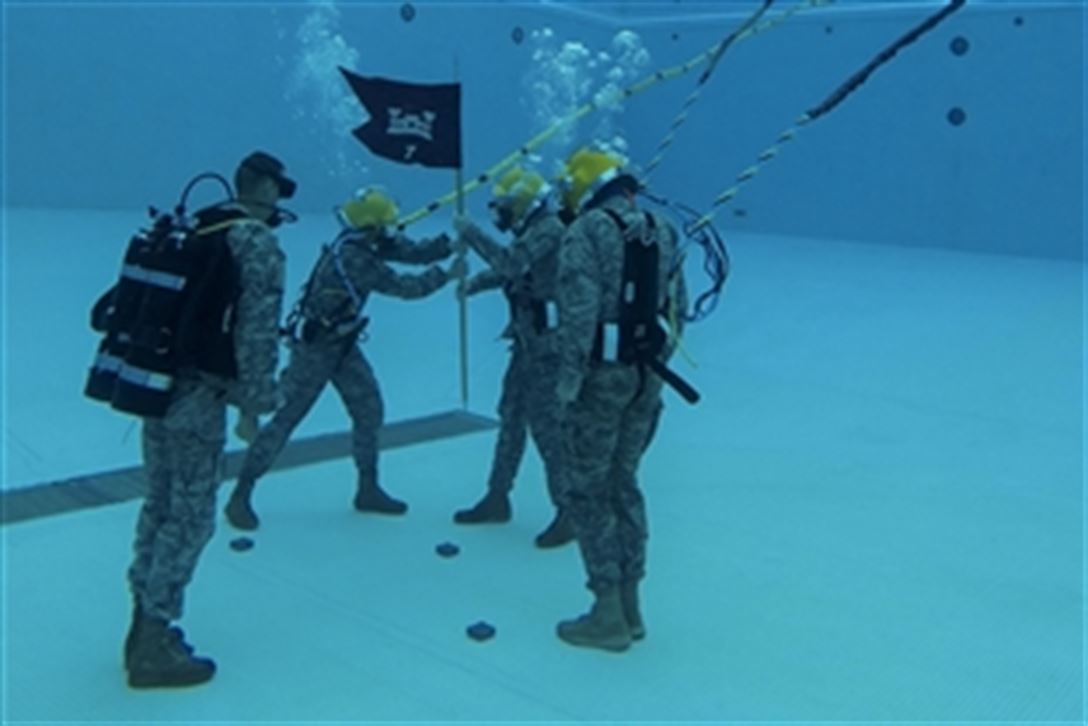
By Chris Otsen, United States Navy – This Image was released by the United States Navy. Public Domain, https://commons.wikimedia.org/w/index.php?curid=186495
Have you ever experienced the rush of thrill that comes from rapid acceleration? There’s something about going from zero to sixty in less than eight seconds that brings a smile to my face. Hundreds of experiences attempt to capitalize on our human desire for rapid acceleration: roller coasters, skydiving, motorcycles. While there is certainly a factor of a sense of danger, there is also the pure joy in speed. While I enjoy endurance events in the Olympics, there’s something exciting about watching Usain Bolt run the 100 meter in less than 10 seconds.
If I hope we can all agree that going from zero to sixty is a heck of a lot of fun, can we also agree that going from sixty to zero is just as much not fun?
Rapid deceleration is nowhere near as fun as rapid acceleration. There are physics involved, of course, but often it’s just downright painful. The four to six seconds after jumping out of the airplane (for paratroopers, that is) is inevitably followed by the opening shock of the canopy, which can be seriously painful if you’re not prepared for it.
I hear veterans who often feel as though leaving the military service was like going from sixty to zero in no time at all.
Veterans leave the military like snow falls from the clouds. According to this article from 2014, over 250, 000 veterans are expected to leave the service every year over the next five years. Just like that snowstorm, however, each individual service member’s experience on leaving the service is unique and different. These 250k veterans will retire, complete their term of service, be administratively discharged, medically separated, or countless combinations of any of these. Some, like myself, have a long time to plan; I was considering the right time for my retirement a full three years before I chose to leave. I had a solid idea about what was going to happen eighteen months before my actual retirement date, and I was blessed to be able to have that opportunity. Not all veterans are as lucky as me, however, and it would be inaccurate to say that there wasn’t some level of hesitation or trepidation on my part.
As I’ve written elsewhere, a veteran’s time in the military can bring about a significant source of pride, purpose and meaning. There are certainly times of frustration and boredom, but overall, there is a sense of belonging and accomplishment that goes along with service in the military that is often difficult for veterans to explain, and just as equally difficult to replicate. When a veteran leaves the service, there can certainly be a sense that their lives have rapidly decelerated to a point where it’s just not that much fun.
We experience this when we return from an overseas deployment. It’s as if we are driving at (or above) speed on a four-lane highway, while life back home is driving at the speed of the access road. Veterans have to merge their rapid-paced accelerated life to the comparatively slow and steady lives of their family and friends. This merge takes a lot of awareness on both sides, which often doesn’t happen.
The challenge is when a veteran can’t recognize the change, and doesn’t really want the change to happen. If a veteran is medically discharged, they’re not ready to get out. They quite possibly had hopes and dreams that will now be unfulfilled. Personal goals, like promotion and leadership opportunities, or community goals, like being able to mentor the next generation of Soldiers or Marines. If they stay in contact with their old buddies, then they may see them continue to achieve those goals of promotion, and think, “man, that could have been me.” These thoughts can lead to anger…at themselves, the military, whoever they find to blame for their discharge…or loss. Grief. Depression. The rapid deceleration, not having time to come to terms with the change, can amplify these feelings.
Another personal experience story. As part of our unit’s changeover in Afghanistan, there was a requirement to help the other unit take over our mission. We tell them about what we do, they follow us around for a bit, half of our Soldiers and half of their Soldiers conduct the mission, then we follow them around for a bit, then they have the mission. As we were leaving, for whatever reason, our timeline was compressed, and we had one more mission to conduct. They took the lead on it, and me and one of my guys went along just as observers and advisors. Six hours after we returned from that three-day mission, we were on a plane leaving the country.
With an abrupt change like this, there is a tendency to question whether or not there were things left undone. Did we do all we could to prepare them for the mission? Or, when leaving the service, did I do all I could to help my Soldiers be successful in the future? There is something to be said about not having regrets, but when a veteran is doing something they love which is also extremely important, it’s almost impossible not to have regrets.
One thing the military does is teach us how to be part of a team. None of us is as important as all of us. You know, intellectually, that you are just one small part of a million-person force, a snowflake in the storm, one star in the vast expanse of the universe. It’s another thing, however, to have that knowledge shown to you in clear detail when the Army, or the Air Force, Navy, Marine Corps or Coast Guard, continues to function well after you are no longer a part of it.
The thing about going from zero to sixty: it’s a lot of fun, but it’s not sustainable. At some point, you are going to have to slow down and stop. And going from sixty to zero: it’s painful, and difficult, but wishing you could go back to the fast lane when it’s no longer an option is an exercise in futility. You can learn from that experience, though, and heal, and move on. Going from sixty to zero may not be fun, but it’s certainly educational.



